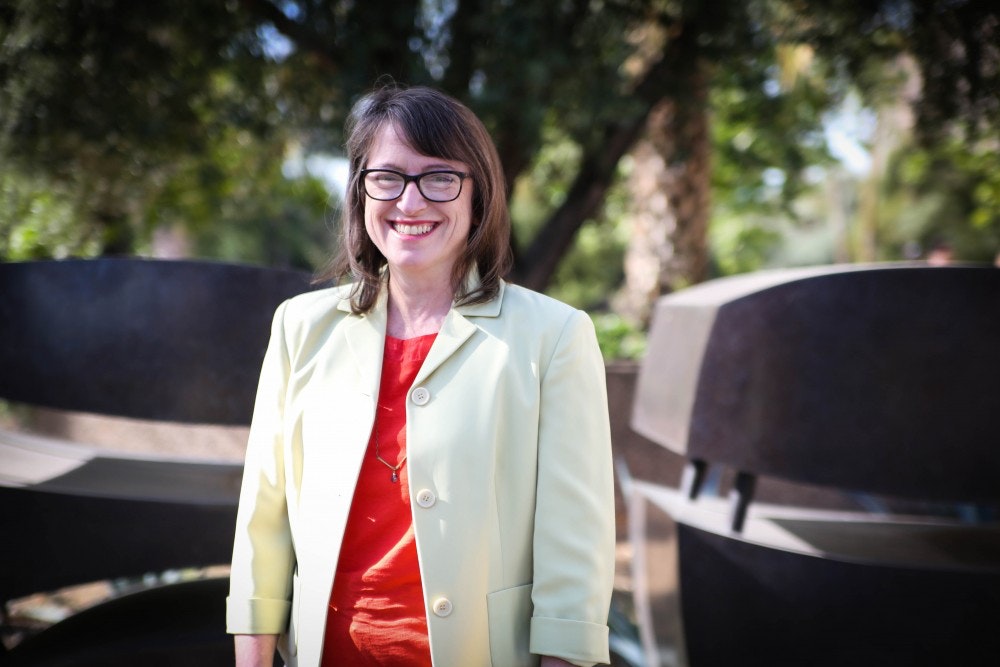Editor's Introduction
Abstract
This issue of Artivate: A Journal of Entrepreneurship in the Arts, while long in coming, represents a new stage in the development of the journal and, by extension, the field of arts entrepreneurship. In Volume 2, Issue 3, Artivate expands its reach across the Atlantic with the inclusion of an article by Johan Kolsteeg on the discourse surrounding cultural entrepreneurship in Utrecht, the Netherlands. In “Situated Cultural Entrepreneurship,” Kolsteeg describes both the national and local contexts for entrepreneurial activity by cultural organizations and posits a framework for understanding the relationship between cultural entrepreneurship and politics.
In “Culture Coin: A Commons-based, Complementary Currency for the Arts and Its Impact on Scarcity, Virtue, Ethics, and the Imagination,” Vijay Mathew and Polly Carl take on the US arts ecosystem's challenges to individual artist and arts organizations' viability. They boldly offer a remedy in the form of “Culture Coin.” The “complementary currency” they propose is both an entrepreneurial endeavor in itself and supportive of the independent entrepreneurial activity of artists, specifically theatre artists working in the nonprofit sector.
Jason White turns our attention back to the state of arts entrepreneurship education in the academy. His analysis of Strategic Arts Alumni Project (SNAAP) data and arts program accreditation standards reveals barriers to the development of more robust arts entrepreneurship curricula. Artivate's co-editors wholeheartedly support his assertion that arts entrepreneurship education is “essential” to a professional arts degree, an assertion echoed at a recent convening of arts entrepreneurship educators. White's article also provides us with the opportunity to fulfill our goal of publishing the work of first-time authors.
Finally, Artivate expands its scope in this issue to include book reviews. Stephani Etheridge Woodson reviews arts activist and entrepreneur Arlene Goldbard's newest book, The Culture of Possibility. Future issues will include reviews of Lynn Book and David Phillip's Creativity and Entrepreneurship (Edward Elgar Press) and Michael Rushton's edited collection on New Growth Theory, Creative Communities: Art Works in Economic Development (Brookings Institution).





